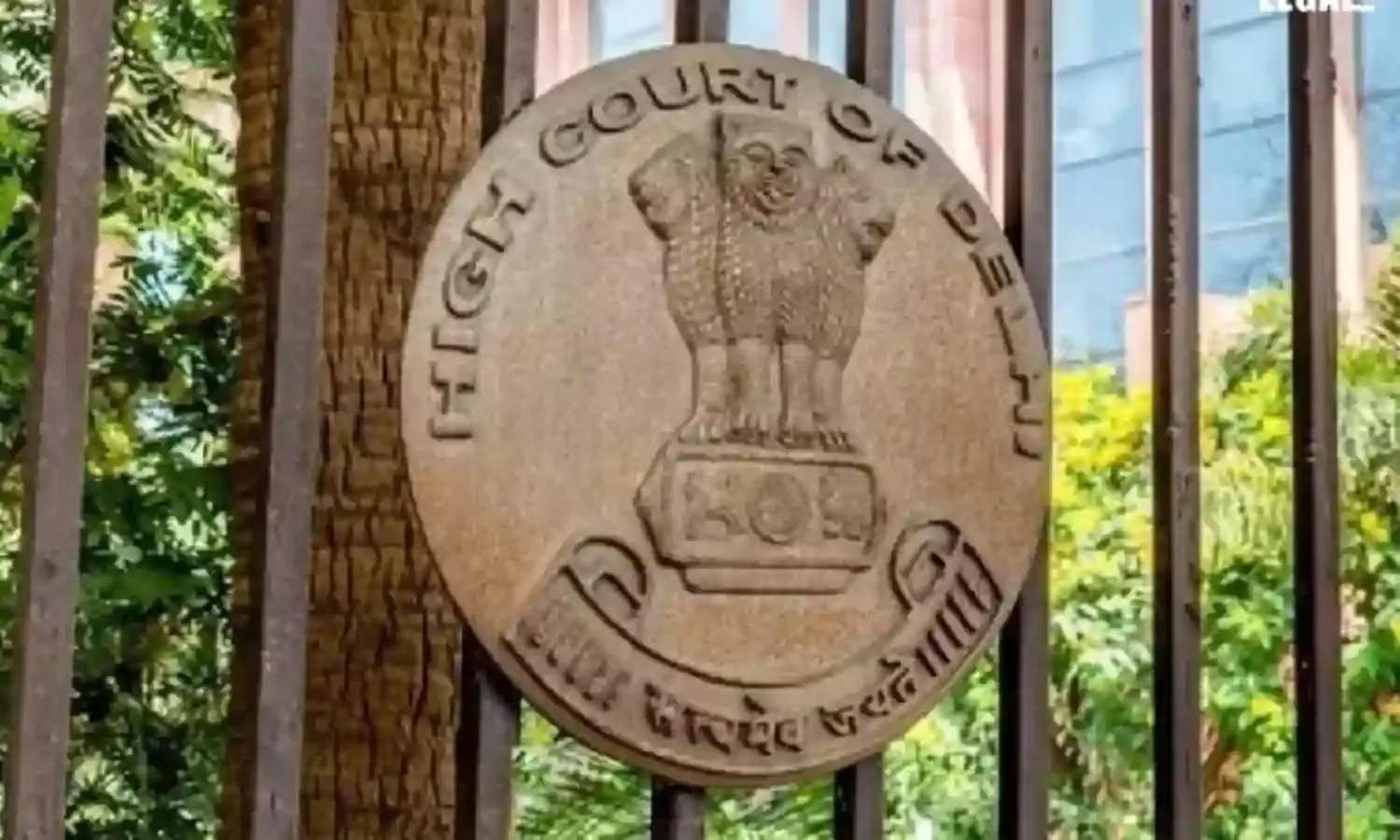Delhi High Court: Reopening Or Abatement Of Assessment Triggered Only Upon Material Discovery
The Delhi High Court has held that a reopening or abatement would be triggered only upon the discovery of material that;

Delhi High Court: Reopening Or Abatement Of Assessment Triggered Only Upon Material Discovery
The Delhi High Court has held that a reopening or abatement would be triggered only upon the discovery of material that is likely to have a bearing on the determination of the total income and would have to be examined bearing in mind the AYs' that are likely to be impacted.
The bench comprising Justice Yashwant Varma and Justice Purushaindra Kumar Kaurav noted that the abatement of the six assessment years (AYs) or the "relevant assessment year" under Section 153C would occur after the formation of an opinion and satisfaction that the received material is likely to affect the income calculation for a specific AY or AYs that could be part of the block of ten AYs. Abatement is initiated by the formation of this opinion, rather than vice versa.
A series of writ petitions were filed contesting the notices issued under Section 153C of the Income Tax Act, 1961. The petitioners, who are assesses, argued that the assumption of jurisdiction is entirely unlawful and untenable in law due to the lack of any material related to the assessment years proposed for reopening and assessment gathered during the search process.
The argument primarily stems from the factual records contained within each satisfaction note prepared by the assessing officer of the non-searched individual. These records do not specifically mention the assessment year for which the contested notices were issued. In several of the writ petitions, the satisfaction notes drafted by the assessing officer of the non-searched individual were neither furnished to the petitioners nor submitted by the respondents. Nevertheless, arguments were presented based on the claims made in the writ petitions, and the respondents did not contest the outlined position.
The court proceeded with the understanding that the incriminating material did not relate to the assessment year for which the reopening was challenged.
The petitioners argued that the mere discovery of incriminating material, even if it relates to a specific assessment year, does not provide adequate grounds for initiating assessment or reassessment proceedings for the six assessment years preceding the year of search or for the entire block encompassed in the relevant assessment year as defined by Explanation 1 to Section 153A of the Income Tax Act.
The petitioner contended that the authority to assess or reassess, as granted under Section 153C, hinges on the assessing officer of the non-searched entity being satisfied, upon examining the material provided, that it would have a bearing on the determination of the total income of the other person for the six assessment years immediately preceding the assessment year relevant to the financial year in which the search was conducted or documents were requisitioned, as well as for the relevant assessment year defined in Section 153A. The presence of material likely to affect the total income, as determined or assessed for any assessment year, is essential for justifying the initiation of action under Section 153C. The reopening of all assessment years, which may constitute part of the block of six or ten assessment years, cannot be justified solely on the basis of incriminating material discovered pertaining to a specific assessment year.
The court highlighted that while Section 153C grants jurisdiction to the assessing officer to initiate assessment or reassessment for the block of years specified in the provision, this alone is insufficient to warrant action in that regard. Instead, such action should only be pursued if the incriminating material discovered is likely to affect the total income of a specific assessment year within the six assessment years immediately preceding the assessment year related to the year of the search or for the relevant assessment year.
The court observed that, in essence, Section 153C primarily concerns seized books, documents, or articles discovered during a search that are deemed capable of influencing or affecting an ongoing or concluded assessment. The phrase "have a bearing on the determination of the total income of such other person," as stated in Section 153C, must be given paramount importance. Hence, unless the assessing officer is convinced that the gathered material could indeed influence the determination of total income, it would be unwarranted to automatically reopen or reassess all ten assessment years that could potentially constitute the block of ten years.
The court ruled that the respondents have mistakenly operated under the belief that upon the recovery of any material during a search or based on a requisition, they are automatically authorized by law to assess or reassess all six assessment years immediately preceding the assessment linked to the search year or the "relevant assessment year" as defined by Explanation 1 of Section 153A. This approach is evidently unsustainable and runs counter to the consistent stance adopted by precedent.

